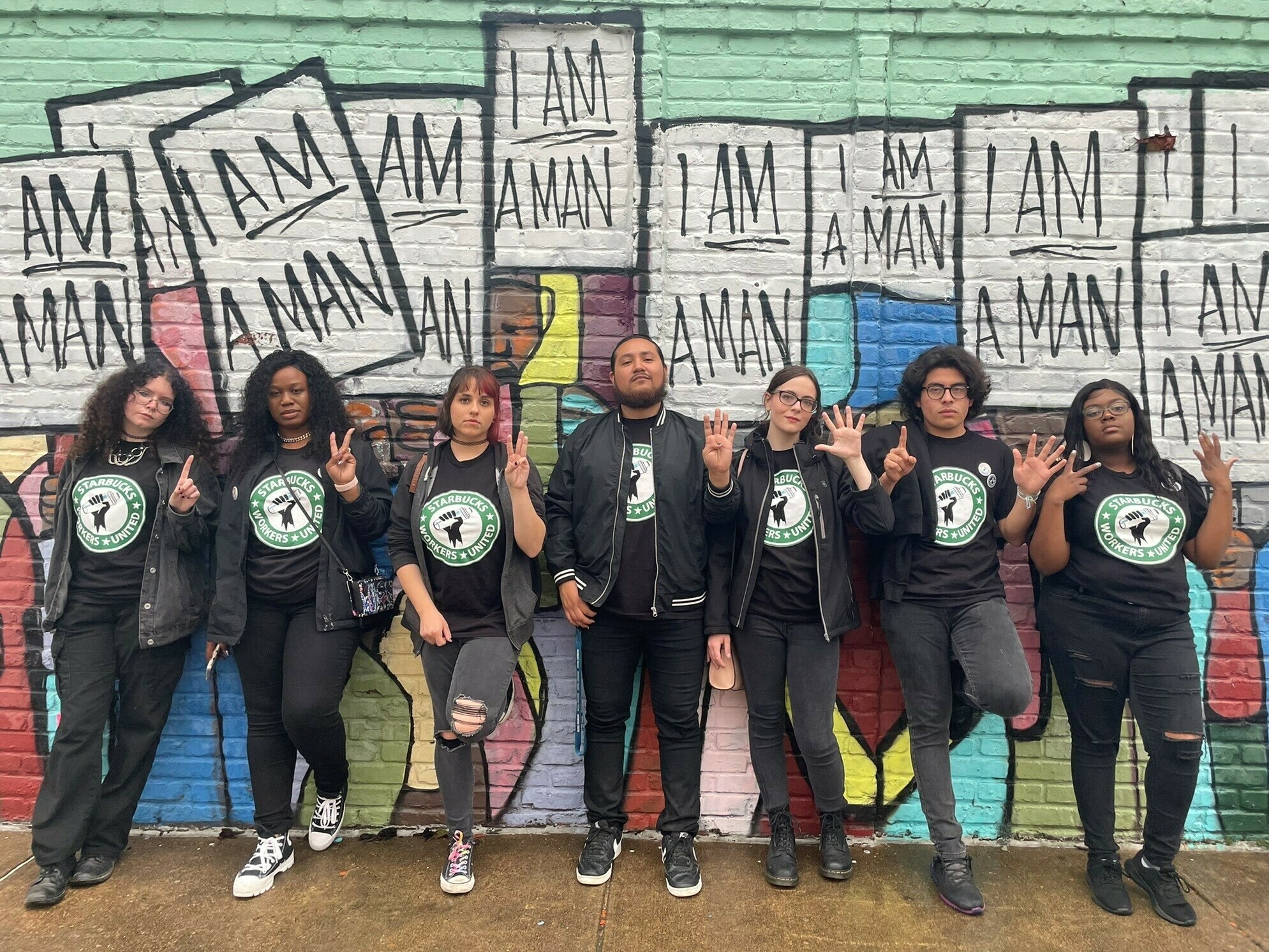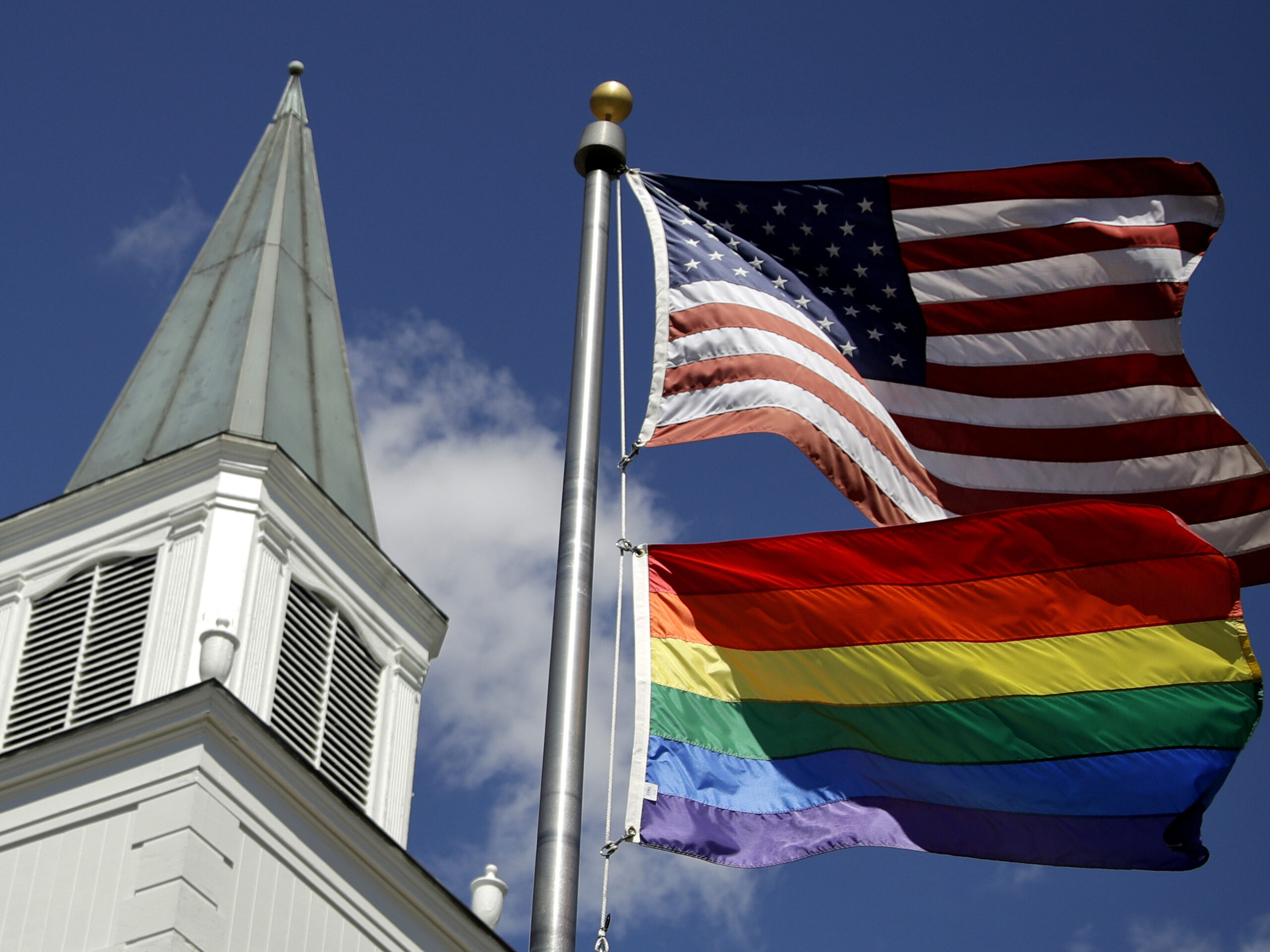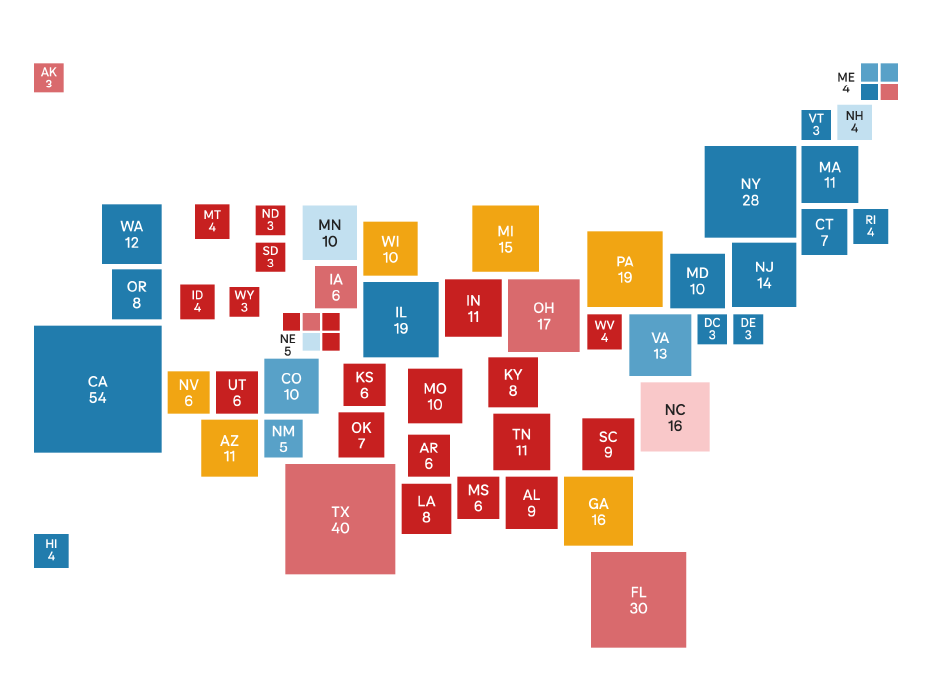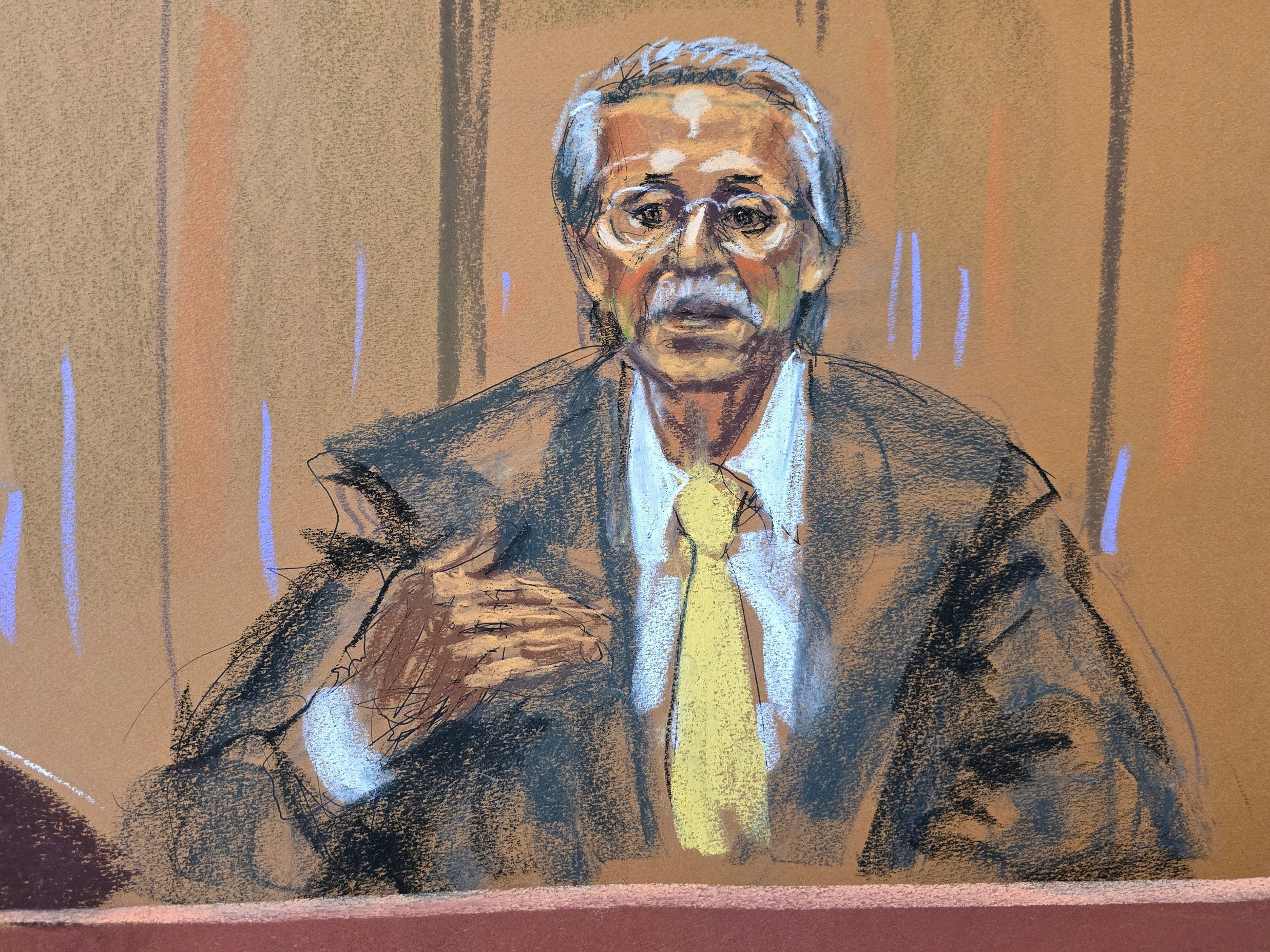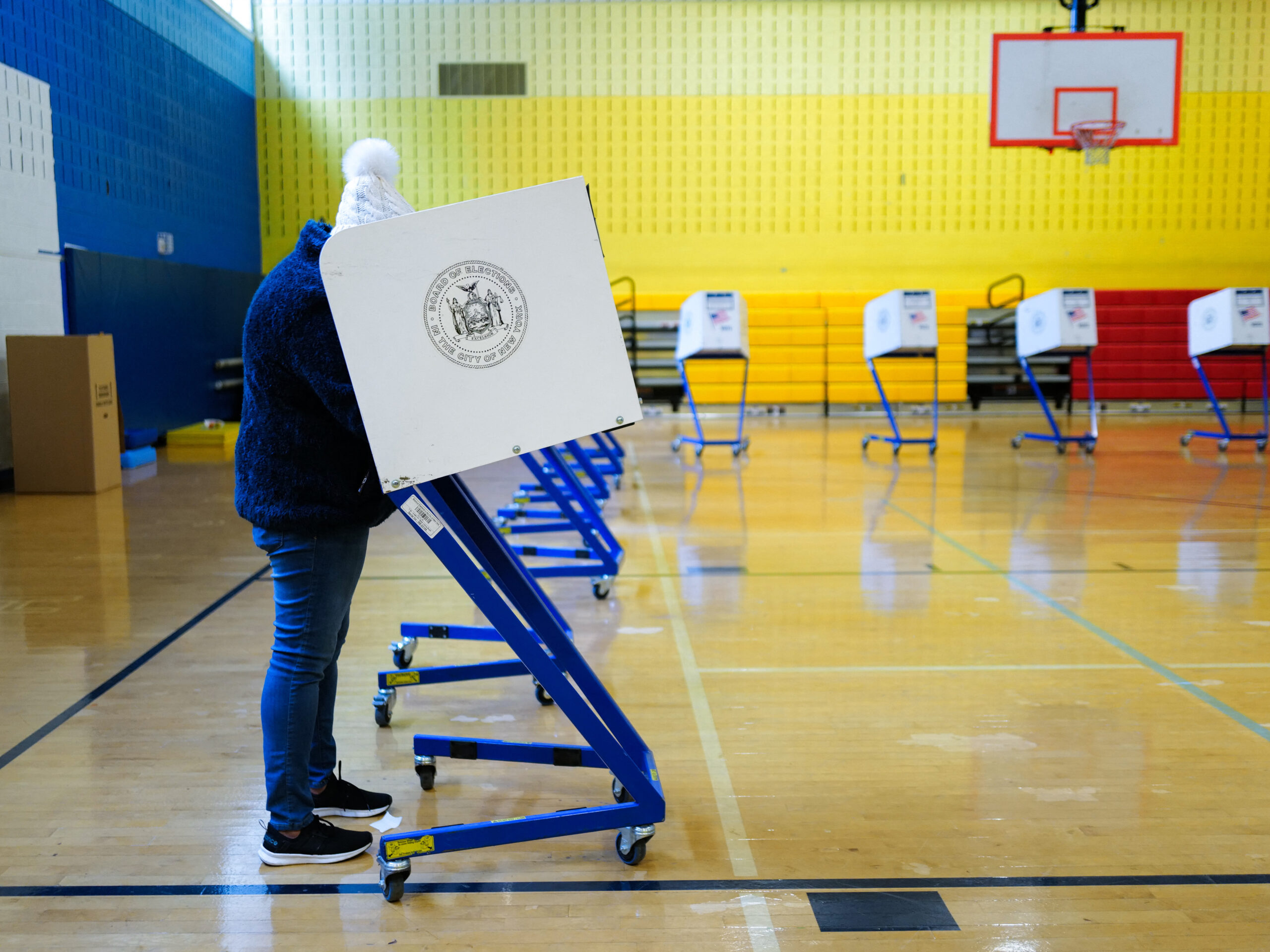Avery Trufelman is the host of “Articles of Interest,” a six-part podcast from “99 Percent Invisible” about the history and meaning of some iconic items of clothing — from blue jeans to Hawaiian shirts to pockets. It’s the kind of podcast that challenges you to think more deeply about why your clothing is the way that it is.
Trufelman spoke with Anne Strainchamps for “To The Best Of Our Knowledge” about the podcast.
Below are a few highlights from the conversation as well as the episodes of “Articles of Interest” Trufelman mentions.
Stay informed on the latest news
Sign up for WPR’s email newsletter.
These transcript excerpts have been edited for clarity and length.
Pockets: Articles Of Interest #3
Avery Trufelman: Towards the end of the episode (on pockets) we start talking about this idea of utopia and a world where no one has pockets and what pockets mean. We have pockets in a world where we need our house keys, we need wallets. We need these tools to engage with the world around us and to keep our things safe and to make sure we can buy things.
My friend who is interviewing for this pockets episode, he was talking about how he went to a nudist colony and he was wondering if there they didn’t have any pockets. If it was just this beautiful land where, you know, no one was worried about their possessions, or, if clothing in our pockets make us more protective and more defensive. But no, they still have pockets. They wear these purses in nudist colonies, apparently, to keep their things secure.
Blue Jeans: Articles Of Interest #5
AT: In doing research on indigo and blue jeans, I found these amazing stories of American slaves on plantations.
Many plantations were used for indigo dye. Before cotton was the big cash crop, it was indigo. They would make beautiful patterns on their horrible, itchy, scratchy, poorly made slave clothes — which are kind of like sacks — but they would draw and design on themselves. There’s another example of slaves who ran away giving themselves pockets; sewing in pockets into their clothes to give themselves autonomy.
There’s this way that taking control of our clothes and what we wear and how we present, dressing to be the person that you want to be. This kind of an aspirational thing and a really easy way to dismiss that, the incredible power that has, is to say that it’s vain or it doesn’t matter or it’s a waste of time — I think that’s so untrue.
Punk Style: Articles Of Interest #6
AT: So when I was 16, we went to the de Young Museum. They were hosting this Vivienne Westwood retrospective.
I had never heard of Vivienne Westwood before and I didn’t know she invented punk. I didn’t realize that someone had to make that up, but this is what fashion designers do. Someone decided to add tartan to some T-shirts, decided to put really bombastic sayings on people’s chest and spike up hair. This was a movement that came from music and really came from clothing.


